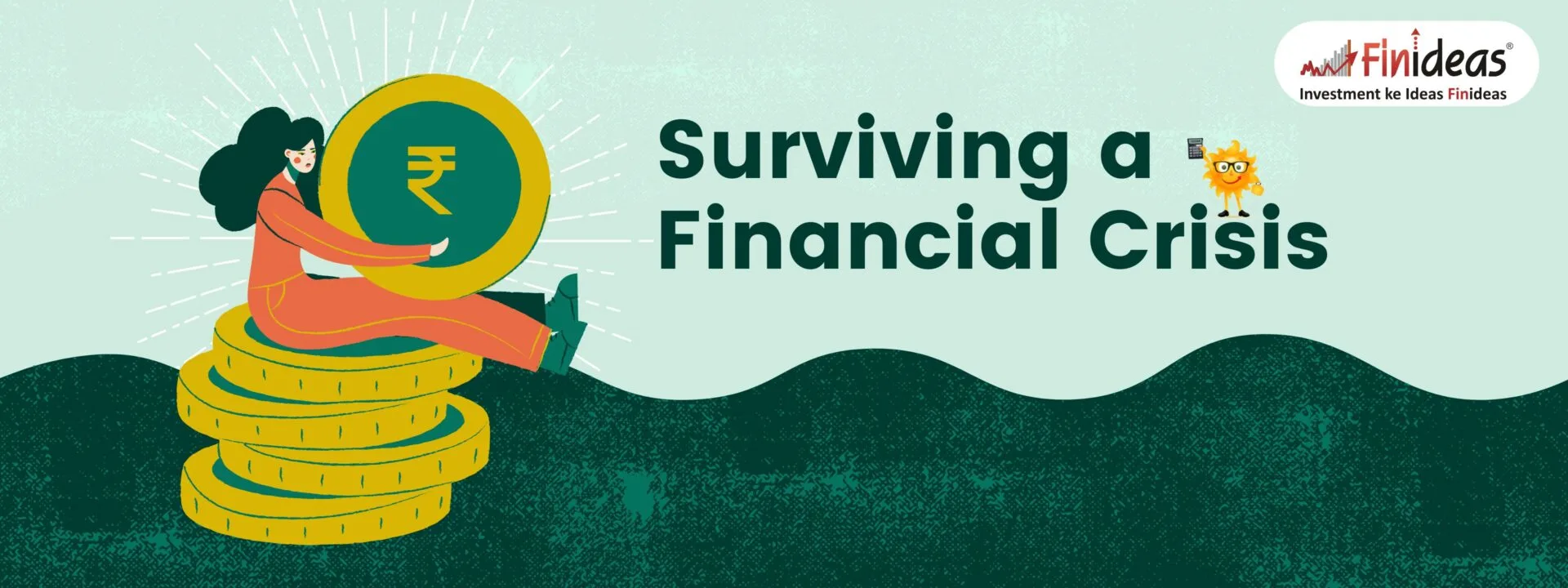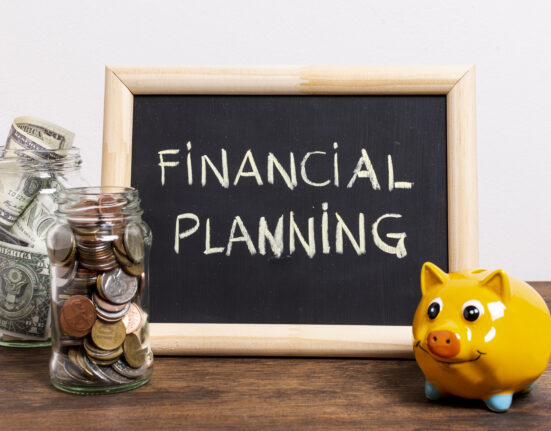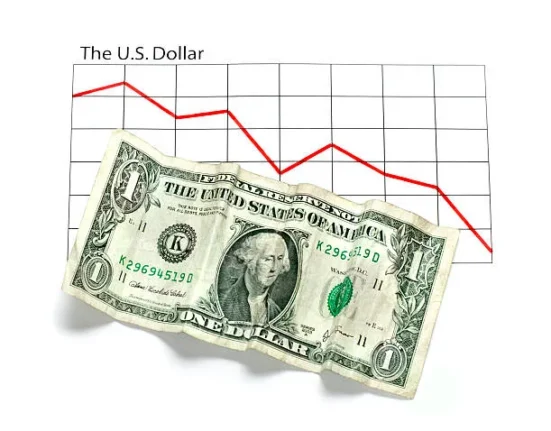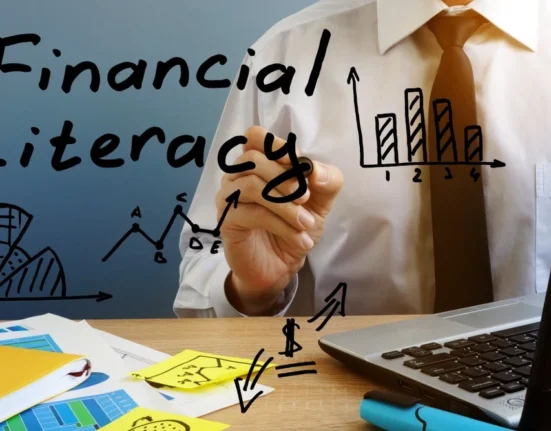Modern life is full of uncertainties when it comes to maintaining financial stability. Whether it’s a financial crisis, losing your job, a medical event, or a global problem, everyone is at risk of being unprepared and unsure about what to do. People should see financial crisis planning as mandatory, given how difficult life changes can be to handle. This blog is all about how to cope with financial crises, with a concentration on ready-made plans, setting up several income sources, smart personal finance advice, proper insurance, being financially ready, and managing finances after disaster strikes.
Understanding Financial Crisis Planning
In financial crisis planning, you get ready ahead of sudden financial difficulties. Risk management means being proactive and planning for issues, instead of facing them with haphazard actions, should something harm the company. A lot of people think having a steady job means they won’t lose anything. Being secure in your job or income doesn’t happen for everyone, even if you think it does. Building a financial crisis plan prepares you so that your finances survive when challenges occur.
The main aspect of financial crisis planning is to review your funds, find out what risks are around you, and start to deal with them right away. You could do this by starting an emergency fund, earning income from more than one source, and making sure you’re well insured. We aim to help shelter you while you face periods where your finances are uncertain.
Why Financial Crisis Planning Matters
Imagine there is a day when your most regular source of income is suddenly gone. It’s possible your company had cutbacks, or perhaps a big expense came up, and you ran out of savings. If financial crisis planning is not done, these situations may soon develop into major financial disasters. When you have a budget, you won’t worry about not having enough money and can put your attention on options to fix your problem.
Even if you’re not wealthy or financially smart, you should still think ahead about financial crises. Whether you’ve been handling your funds for a little while or for a long time, being ready for unexpected costs can make a major improvement in both your current lifestyle and the future.
Building an Emergency Fund: The Foundation of Financial Crisis Planning
The key to financial crisis planning is making sure you assemble an emergency fund. Experts say you should have enough savings to meet your expenses for three to six months. With this fund, you’re better prepared if you suddenly face losing your job or unexpected costs.
You don’t have to start with a lot; anything you save regularly will build up. Doing the same thing over and over with discipline is the main method. With your emergency fund, use an account that is easy to get money from if an emergency arises. This forms a key element of getting ready financially.
Income Diversification: Spreading Your Risk
Not spreading your income into several types is not safe. Should that income end, you will lose your financial security. When you have income diversification, you ensure you’re not left unfunded if one of your income streams goes down.
There are lots of methods to increase your various sources of income. You have the option to open a side business, invest in housing, or become a gig worker. Today, people can use digital platforms to pick up additional income by working as freelancers, teaching online, or leasing real estate. The idea is to get your funds from more than one income, so you’re better protected from a single problem.
Personal Finance Strategies for Tough Times
Plans for dealing with financial trouble need to depend on good personal finance strategies. If you budget, monitor what you spend, and try to cut back on things you can skip, you’ll find it easier to manage your finances in hard times.
Reducing the debt you have with high interest rates and trying to get better conditions for paying is a good idea, too. Cutting your monthly expenses relieves some stress on your finances should your income decrease. Changes in your life often mean your budget should be reviewed and adjusted.
Insurance Coverage: Protecting What Matters Most
Having insurance is an important element of your financial crisis plan. Having health, auto, home, and disability insurance ensures that whatever major expense happens, your savings won’t be lost.
Cover all your important needs with the right amount of insurance and go over your policies now and then to be sure they are current. Insurance shouldn’t only be for the wealthy; everyone needs it for protection.
Financial Preparedness: Being Ready for Anything
Being prepared financially helps you deal with anything that happens to you. You should have more than just an emergency fund; having a crisis plan is just as important.
Make a plan for what you’ll do if you lose work, have an emergency, or encounter another unexpected expense. Your plan must be both practical and easy to carry out, so you don’t need to panic in an emergency.
Disaster Recovery Finances: Bouncing Back After a Crisis
It’s not enough for disaster recovery finances to help us get through a crisis—they must also prepare us for prosperity afterward. If you’ve made it through the crisis, it’s essential to check your finances, rebuild your savings, and work on getting your money in better shape.
You might want to seek out additional income, seek out new forms of income, and draw lessons from the challenge to help you become stronger in the future. The main point of disaster recovery finances is to use challenges as a way to move the company forward.
The Power of Financial Crisis Planning
Are you ready to “survive” a financial crisis? Let’s move on to ensure you can “thrive” as well. Taking action to prevent problems cuts down your stress, helps you feel calm, and secures a brighter future for you and your family.
If you’ve never managed your finances before or if you’ve been doing it for years, there are still ways to improve your financial crisis planning. Preparing for emergencies, diversifying income, managing personal finances, covering them with insurance, and planning for disaster recovery will help you respond courageously to surprises.
Final Thoughts
Because so much is uncertain these days, we need to think carefully about dealing with financial crises. The main thing is that crises will happen at some point. When you plan for tomorrow, be financially flexible and save or insure yourself, you will be able to tough out any difficulties.
It’s important to know that you need to keep planning for financial crises regularly. From time to time, check your plan, update it as needed, and keep working toward safety in money matters. Having proper strategies in place will prepare you for whatever the future brings. Your best way to handle uncertain times is financial crisis planning.








